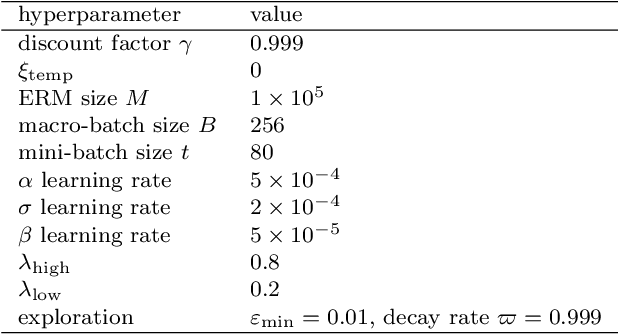Deep Decentralized Reinforcement Learning for Cooperative Control
Paper and Code
Oct 29, 2019



In order to collaborate efficiently with unknown partners in cooperative control settings, adaptation of the partners based on online experience is required. The rather general and widely applicable control setting, where each cooperation partner might strive for individual goals while the control laws and objectives of the partners are unknown, entails various challenges such as the non-stationarity of the environment, the multi-agent credit assignment problem, the alter-exploration problem and the coordination problem. We propose new, modular deep decentralized Multi-Agent Reinforcement Learning mechanisms to account for these challenges. Therefore, our method uses a time-dependent prioritization of samples, incorporates a model of the system dynamics and utilizes variable, accountability-driven learning rates and simulated, artificial experiences in order to guide the learning process. The effectiveness of our method is demonstrated by means of a simulated, nonlinear cooperative control task.
 Add to Chrome
Add to Chrome Add to Firefox
Add to Firefox Add to Edge
Add to Edge